The Healing Properties of Medical Cannabis Oil?
Background: What is CBD?
- Cannabidiol (CBD) is a chemical occurring naturally in the cannabis plant.
- Cannabis contains many different chemicals, including tetrahydrocannabinol (THC), which has psychoactive, intoxicating properties.
- CBD does not have intoxicating properties.
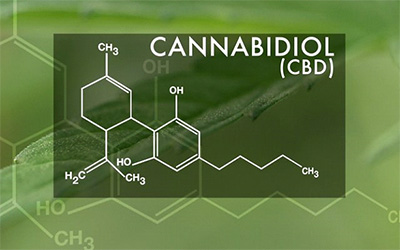
What is CBD used for?
- CBD oil (oil containing CBD extracts) is marketed and sold for use treating a variety of health and medical ailments, including chronic pain, arthritis, anxiety, insomnia, smoking cessation.
- CBD is not approved by the FDA for any of these uses.
- The FDA recently approved a commercially produced CBD oil (Epidiolex) for use in treating seizures in children with two rare and severe forms of epilepsy.
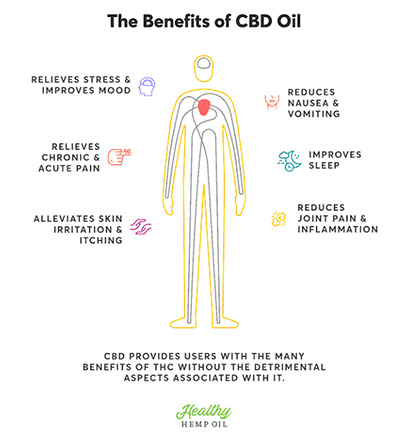
How is it used?
- CBD is available as an oil or powder. Oil can be mixed with foods or beverages. For example, many coffee shops now offer CBD-infused coffee drinks. Other products include CBD-infused alcoholic spirits, lotions, bath bombs, candies, and dog biscuits.
- CBD may also be taken in capsule form or as an oral spray.
- CBD powder can be used to make creams or gels for use directly on the skin, such as for arthritis pain.
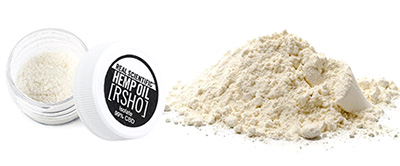
What do we know about CBD for pain?
- Most studies have been performed using mice or rats rather than humans.
- A large study (2012) published in the Journal of Experimental Medicine showed that CBD helped reduce inflammation and chronic pain in mice and rats.
- More recently (2017), another study found that CBD may be helpful in reducing joint pain in osteoarthritis.
- There is currently not enough research to conclusively determine whether CBD is an effective pain treatment in humans.
Is it safe?
- While we do not know yet whether CBD is an effective treatment for pain, studies have suggested that there is little risk of harm at doses recommended by most producers.
- There are many different commercial CBD oil products available, and the amount of CBD in them may vary by manufacturer and lot.
- Side effects of CBD can include: drowsiness, fatigue, irritability, and nausea.
- Clinical trials have not found any indication of physical dependence.
- CBD is legal in many US states, but not all of them. Before buying and using CBD products, know the laws in your local area.
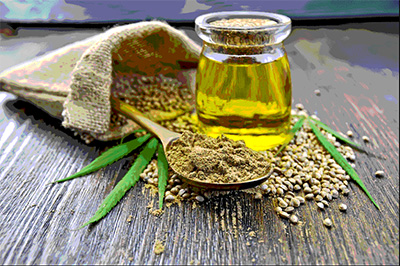
Conclusions:
- CBD (cannabidiol) is a chemical compound found in the cannabis plant.
- CBD is produced and marketed for a variety of medical uses including chronic pain, anxiety, insomnia, and smoking cessation.
- Though there is hope that CBD may be effective for the treatment of chronic pain, there is not yet sufficient medical research to support its use for these medical problems.
- The FDA has approved a CBD product (Epidiolex) for use only in treatment of seizures in children with two rare and severe forms of epilepsy.
- The sale and use of CBD is legal in some, but not all, states.
- Common side effects of CBD are relatively mild when used at recommended doses and there appears to be little risk of physical dependence.
- More studies are needed to determine the effectiveness and safety of CBD for the treatment of chronic pain.
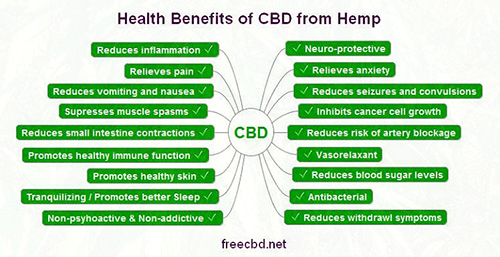
Acknowledgements:
Dr. Charles Scott – Physical Medicine and Rehabilitation Resident- New York Presbyterian Hospital



Leave a Reply